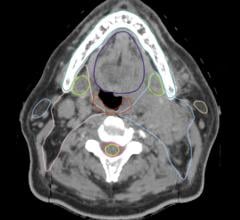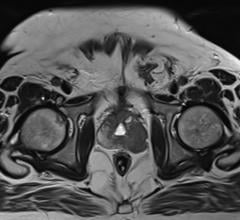February 17, 2015 — The U.S. Department of Health and Human Services (HHS) announced a new multi-payer payment and care delivery model to support better care coordination for cancer care. The initiative will include 24-hour access to practitioners for beneficiaries undergoing treatment and an emphasis on coordinated, person-centered care, aimed at rewarding value of care rather than volume.
Cancer is one of the most common and devastating diseases in the United States: more than 1.6 million people are diagnosed with cancer each year in this country. According to the National Institutes of Health, cancer cost the United States an estimated $263.8 billion in medical costs and lost productivity in 2010. A majority of those diagnosed are over 65 years old and Medicare beneficiaries.
“Based on feedback from the medical, consumer and business communities, we are launching this new model of care to support clinicians’ work with their patients,” added Patrick Conway, M.D. “We aim to provide Medicare beneficiaries struggling with cancer with high-quality care around the clock and to reward doctors for the value, not volume, of care they provide. Improving the way we pay providers and deliver care to patients will result in healthier people.”
As part of the department’s “better care, smarter spending, healthier people” approach to improving health delivery, the Oncology Care Model is one of many payment and care delivery models developed by the Centers for Medicare & Medicaid Services (CMS) Innovation Center and advanced by the Affordable Care Act. The model was created in response to feedback from the oncology community, patient advocates, and the private sector that a new way of paying for and delivering oncology care is needed. This model will invest in physician-led practices, allowing the practices to innovate and deliver higher-quality care to their patients. CMS is seeking the participation of other payers in the model to reach oncology patients across a broader population.
The Oncology Care Model encourages participating practices to improve care and lower costs through episode-based, performance-based payments that financially incentivize high-quality, coordinated care. Participating practices will also receive monthly care management payments for each Medicare fee-for-service beneficiary during an episode to support oncology practice transformation, including the provision of comprehensive, coordinated patient care.
To achieve better care, smarter spending and healthier people, HHS is focused on three key areas: (1) linking payment to quality of care; (2) improving and innovating in care delivery; and (3) sharing information more broadly to providers, consumers and others to support better decisions while maintaining privacy.
The model will provide support for participating physician practices to address the complex care needs of the beneficiary population receiving chemotherapy treatment and will reward practices that focus on furnishing services that specifically improve the patient experience and health outcomes.
Physician group practices and solo practitioners that provide chemotherapy for cancer and are currently enrolled in Medicare may apply to participate. Other payers, including commercial insurers, Medicare Advantage plans, state programs, and Medicaid managed care plans, are also encouraged to apply.
For more information: www.cms.gov


 April 22, 2024
April 22, 2024 








